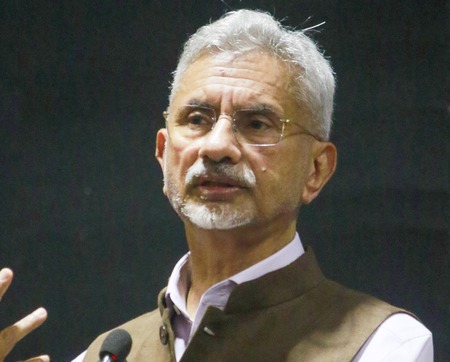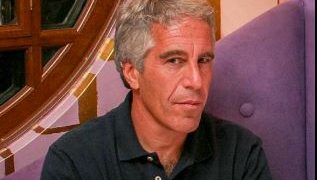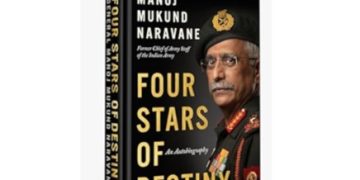New Delhi: The world is seeking a stable and predictable environment for trade and economic practices should be fair, transparent and to everyone’s benefit, External Affairs Minister S Jaishankar said Monday, against the backdrop of increasing global concerns over Washington’s tariff tussle.
In an address at a virtual BRICS summit, the external affairs minister said India strongly believes that the international trading system’s foundational principles of non-discriminatory and rules-based norms must be protected and that there is a need to create more resilient and reliable supply chains.
Jaishankar represented Prime Minister Narendra Modi at the summit that saw participation of Chinese President Xi Jinping, Russian President Vladimir Putin and several other leaders of the grouping.
It was convened by Brazilian President Luiz Inacio Lula da Silva to discuss trade disruptions triggered by US’ policies on trade and tariffs.
The US slapped 50 per cent tariffs on Brazilian exports like in the case of India.
Jaishankar’s participation at the summit in place of PM Modi is seen as part of New Delhi’s “balancing act” with the Trump administration increasingly getting suspicious about the BRICS.
In his remarks, Jaishankar called for urgent resolution to ongoing conflicts, adding the Global South has experienced a deterioration in its food, energy and fertilizer security. However, the major focus of his speech was on trade.
“The world as a collective is seeking a stable and predictable environment for trade and investment. At the same time, it is imperative that economic practices are fair, transparent and to everyone’s benefit,” he said.
“When there are multiple disruptions, our objective should be to proof it against such shocks. That means creating more resilient, reliable, redundant and shorter supply chains,” he said.
Jaishankar said the world requires “constructive and cooperative” approaches to promote trade that is sustainable.
“Increasing barriers and complicating transactions will not help. Neither would the linking of trade measures to non-trade matters,” he said.
The external affairs minister said BRICS itself can set an example by reviewing trade flows among its member states.
“Where India is concerned, some of our biggest deficits are with BRICS partners, and we have been pressing for expeditious solutions. We hope that this realisation will be part of the takeaways from today’s meeting,” he said.
The remarks assumed significance as they came amid India’s ballooning trade deficit with China.
“The international trading system is based on the foundational principles of open, fair, transparent, non-discriminatory, inclusive, equitable and a rules-based approach with special and differential treatment for developing countries,” Jaishankar said.
“India strongly believes that this should be protected and nurtured,” he said.
The external affairs minister also said that the “state of the world today is a cause for genuine concern”.
He listed devastating impact of the Covid pandemic, major conflicts in Ukraine and the Middle East and volatility in trade and investment flows as well as extreme climate events as some of the major challenges facing the globe in the last few years.
“In the face of these challenges, the multilateral system appears to be failing the world. That so many serious stresses are being left unaddressed is understandably having consequences for the global order itself,” he said.
“It is this cumulative concern that BRICS is now discussing,” he added.
Jaishankar also said that the world is seeking an urgent resolution of ongoing conflicts.
“The Global South has experienced a deterioration in its food, energy and fertilizer security. Where shipping is targeted, not just trade but livelihoods also suffer,” he said.
“Selective protection cannot be a global answer. An early end to the hostilities and undertaking diplomacy to ensure a durable solution is the obvious pathway before us,” he said.
The external affairs minister argued that the working of international organisations in the last few years has witnessed “major shortfalls” in many areas.
“On key issues, we have unfortunately seen that gridlocks have undermined the search for common ground. These experiences have only made the case for reformed multilateralism generally, and that of the United Nations and its Security Council specifically, more urgent,” he said.
“The BRICS have taken a positive view of this need for reform, and we expect that it would collectively become a strong voice for much awaited change,” he said.
Jaishankar also underlined the need for not losing sight of bigger concerns, especially climate change.
“Sadly, both climate action and climate justice are currently slipping in global priorities. We need new thinking and initiatives as well,” he said.






































